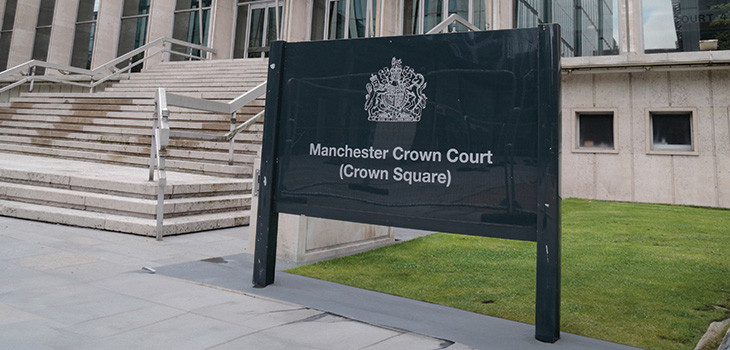
The trial of Lucy Letby and the recent Court of Appeal’s rejection of her application for leave to appeal against her convictions raises issues of expert witness credibility, independence and expertise (the full judgment can be accessed at R v Letby [2024] EWCA Crim 748). The matter has generated many conspiracy theories as to Letby’s guilt and some of these are based on the fact that although the defence had instructed expert witnesses to produce reports, they were not called to give oral evidence. Let us look at why the defence may not have called their experts, although we do not know what those reasons actually were.
Grounds & response
The applicant’s grounds of appeal included that the trial judge was wrong not to direct the jury to disregard the evidence of the main prosecution expert witness, Dr Evans, and to reject the





.tmb-mov69x69.jpg?sfvrsn=87f6371e_1)


